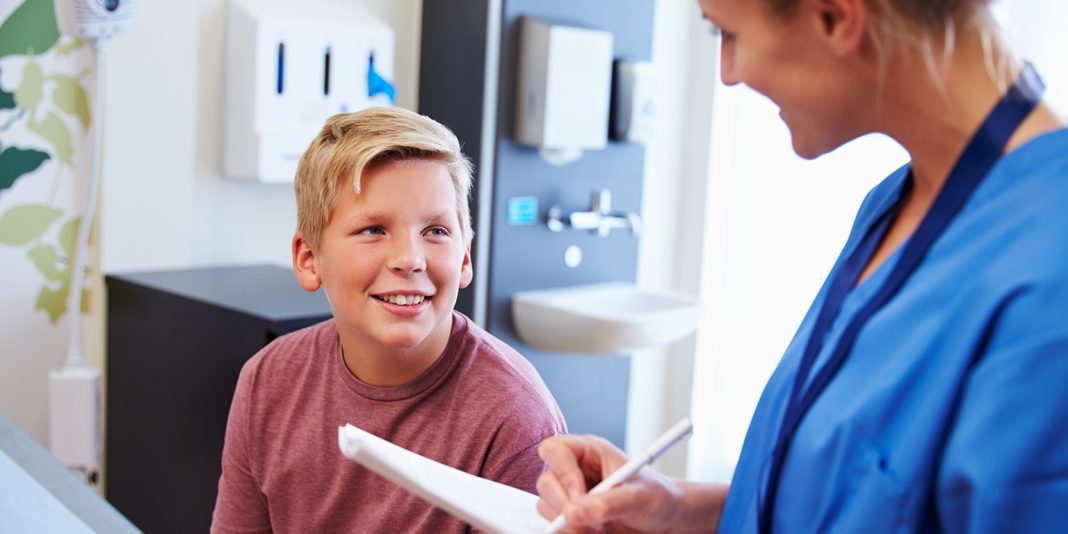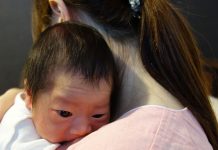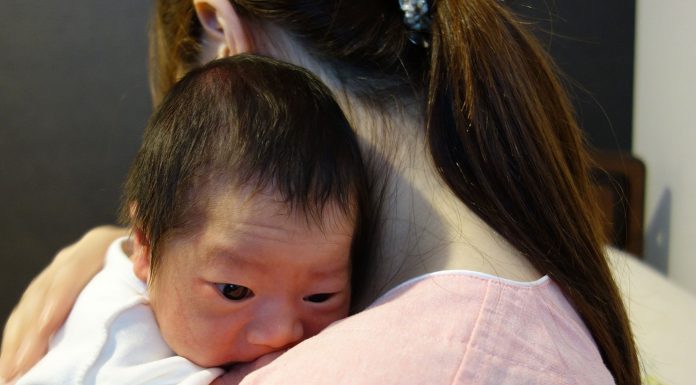 Social Development Minister Paula Bennett announced $926,000 funding for the KidsCan charity to step up its role in the fight against headlice with a one-year pilot of nitbusting teams going into 117 high needs schools.
Social Development Minister Paula Bennett announced $926,000 funding for the KidsCan charity to step up its role in the fight against headlice with a one-year pilot of nitbusting teams going into 117 high needs schools.
Traditionally headlice treatment was the domain of the public health nurse working in primary schools but with nursing resources stretched tightly (Nurses in Playground, Nursing Review) most nurses only have time for the “worst of the worse cases” in schools and head lice treatment falls by the wayside.
“Public health nurses do so much fantastic work already,” says Chapman. “This is one way that KidsCan can help out and alleviate some of the pressure so nurses can concentrate on other issues like rheumatic fever and skin infections.”
“This is very much a complementary initiative to alleviate the pressure (on nurses) and itchy heads.”
A spokeswoman for Paula Bennett said the funding for the project came from under spend in the KickStart Breakfast in Schools programme and the Minister chose to spend the funding on head lice as it was an issue of concern raised by both teachers and parents.
Chapman said head lice was reaching epidemic levels in some low decile schools because parents are unable to afford repeated proper treatments and lots of families also didn’t have access to hot water. She says this can end up in situations with children with major infestations having their heads shaved.
“This may not be so bad for boys, but unfortunately it is happening more often than not to little girls with long hair. They feel stigmatised, embarrassed and become withdrawn in class.”
The pilot will involve installing a hairdressing-style chair and basin in a suitable room at the participating schools to be used by a visiting “NitBuster”. The NitBuster will come to a school for 2-3 hours a couple of times a week to treat children with the help of parents and volunteers. The programme will also be buying in bulk a head lice treatment product which they will provide to families along with nit combs and support and advice.
Chapman says it will be looking to draw its NitBusters staff from unemployed people in the community who have an affinity for working with children. Training would be provided and the programme would be developed in consultation with public health nurses.
It expected to have approximately one fulltime NitBuster working in a cluster of 6-8 schools and two NitBusters if a cluster had 12 or more schools. This would allow them to be at schools for 2-3 hours a couple of times a week.
She said KidsCan NitBusters would work with the current health providers involved with the school and when they came across other health issues or needs would refer them on to a qualified health professional.
The pilot has been launched in Wellington and a phased-in rollout will follow in Kaitaia, South Waikato in the next few months and then Christchurch, the East Coast and Hastings.
Chapman said the funding was for the initial pilot being rolled out to 117 schools over a year but it hoped funding would be continued.
KidsCan already provides head lice treatment product and combs to a number of schools the children’s charity already supports and Chapman said it would continue to do so to schools that aren’t part of the pilot.






















